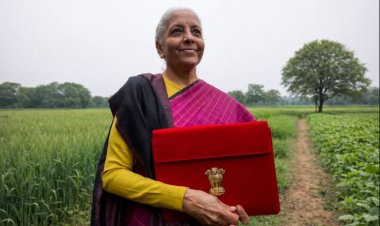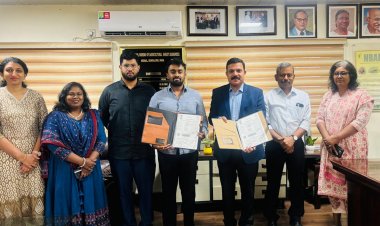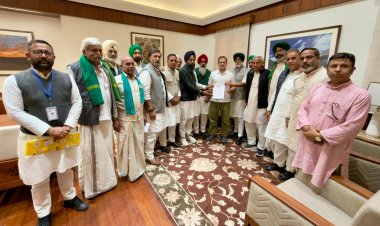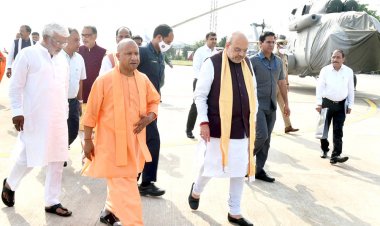BKU rejects FSSAI’s proposed draft GMO regulations
In a letter to the FSSAI, the Bharatiya Kisan Union has expressed its “serious objections” to the draft regulations on Genetically Modified Organisms proposed by the regulator. Saying that after farmer unions and other citizen groups as well as state governments ensured that no GM food crops are allowed to be cultivated in India, and that risky field trials are stopped, it finds the regulations to be “just one more attempt to bring in unsafe and unwanted GMOs and GM foods into India.”
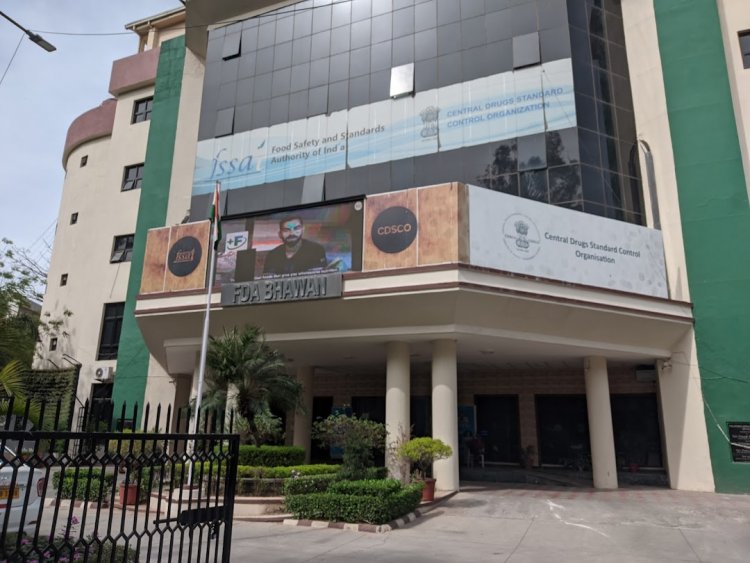
In a letter to the Food Safety and Standards Authority of India (FSSAI), the Bharatiya Kisan Union (BKU), a farmers’ representative organization, has expressed its “serious objections” to the draft regulations on Genetically Modified Organisms (GMOs) proposed by the regulator.
Saying that after farmer unions and other citizen groups as well as state governments ensured that no genetically modified (GM) food crops are allowed to be cultivated in India, and that risky field trials are stopped, BKU finds the regulations to be “just one more attempt to bring in unsafe and unwanted GMOs and GM foods into India.”
Written on behalf of BKU by Rakesh Tikait, the National Spokesperson of the organization, the letter raises three major objections. The first among these is that the weak FSSAI regulations allow for the backdoor entry of GMOs. “Basing decisions in India on approvals given elsewhere is a complete mockery of the regulator’s responsibility to evolve regulation as per our own needs and requirements,” says the letter.
BKU has found several shortcomings in the draft regulations. There are no independent and long-term impact studies, no proposal of market surveillance mechanisms and no clear mention of who takes decisions and in whose interest. State governments have not been given a veto role.
The letter refers to the “precautionary principle”, which is at the core of the Cartagena Protocol on Biosafety that India is a signatory to. Given the dangers of GM technology, BKU feels that “the precautionary principle should urge us to indefinitely ban the production, import, and sale of GMOs in India.”
The second objection that the letter raises is that “FSSAI’s track record on food safety is concerning.” It accuses the FSSAI of being “a promoter of GM foods and food industry’s profits in general” instead of being a regulator of food safety.
FSSAI had set up a scientific panel in which members have a serious conflict of interest, with GM propagandists and promoters brought in, says the letter. Also, as per reports, says the BKU, the draft regulations were first taken to the industry for feedback and only later opened for comment by citizens. The organization terms this as a “serious breach of its mandate”.
The third objection says: “India does not need GMOs and has rejected them.” The letter cites the cases of Bt Brinjal and GM Mustard as precedents. It clearly says: “We see GM foods as a ploy by the biotech industry, especially when we have successfully managed to stall the commercial cultivation permission for GM crops in India.” There are countless alternatives and better ones, says the letter.
The letter concludes: “We reject GM technology in our food and farming systems, and we also reject these so-called draft regulations by FSSAI. What we want is a prohibition of GM foods, and for FSSAI to enforce the same, and regulations created for that purpose.”



 Join the RuralVoice whatsapp group
Join the RuralVoice whatsapp group


















